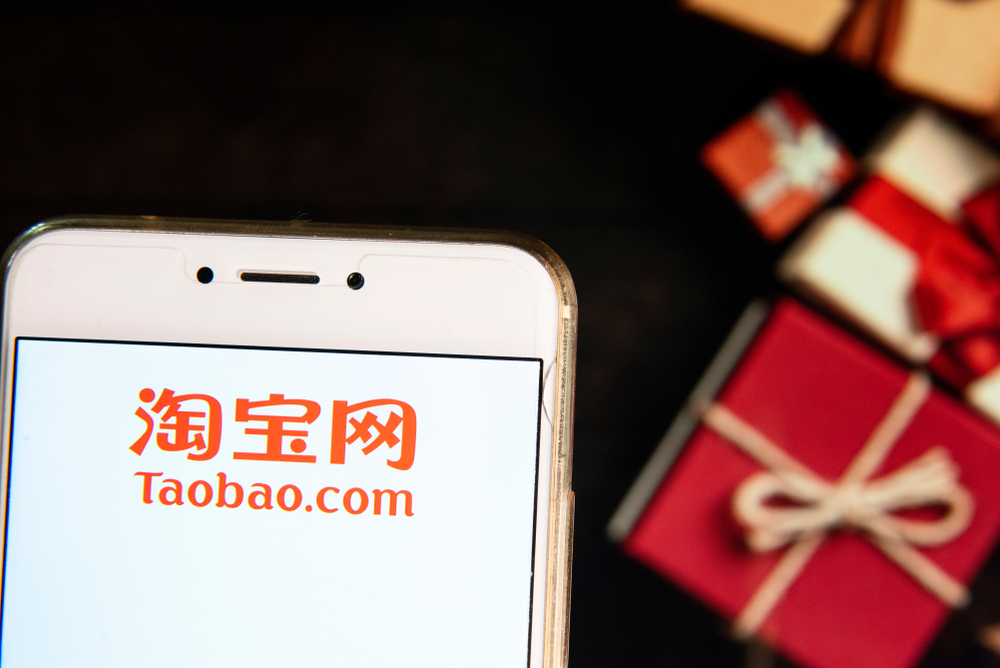As most couriers in China are held back by nationwide efforts to fight the coronavirus outbreak, China’s largest e-commerce company, Alibaba, is facing difficulties with delivery labor shortages and delays in its logistics and supply chain.
Zhao Yaming, a resident in Beijing, toldKrASIA on Tuesday that none of the goods he bought on Alibaba’s Taobao and Tmall platforms have been delivered after 15 days since the payment. He said he had no other options but to wait after all his attempts to remind the vendors to send the goods have failed.
Some of Alibaba’s 693 million active users took to microblogging platform Weibo to share their frustration. One user, for example, who goes by the nickname “Keke”, said she has been waiting more than expected for her parcels, which the vendor says will be dispatched only after the “epidemic will end,” as the village where the products are made is now under quarantine.
Usually, deliveries can experience delays during the Chinese New Year holiday as most workers are off-duty, but the coronavirus is adding further complication as the demand for grocery deliveries has jumped across the country amid rigid travel restrictions and locked down neighborhoods.
Although there is no concrete data on how many orders placed on Alibaba’s Taobao and Tmall are stranded, many couriers are yet to resume work after the holiday. The State Post Bureau of China said that 13 delivery companies have resumed work as of Monday, including YTO, ZTO, STO, and Yunda, adding that the industry is expected to be at 40% of its normal capacity by the middle of February.
State-owned China Post, JD Logistics, Suning Logistics, and SF Express were the only four consumer-facing shipping companies that continued operations during the outbreak, which began before the Chinese New Year holiday, the State Post Bureau said.
Still, most couriers are now prevented to enter most compounds and neighborhoods, as property managers have increased their scrutiny of outsiders, who they fear might carry the coronavirus.
Alibaba told KrASIA in written statement that on Monday, Taobao, Tmall, and its logistics arm Cainao have co-launched a RMB 1 billion (USD 143 million) fund to support the supply chain and logistics service, without sharing details about how this fund will be used.
Reportedly, some e-commerce services from Alibaba and JD.com are opting to hire part-time staff, including couriers, warehousemen, and drivers, following the rise in demand, according to the South China Morning Post.
Alibaba’s major rival, JD.com, has even adopted Level 4 autonomous driving vehicles to deliver goods to hospitals in quarantined Wuhan, the epicenter of the virus. JD.com has also started to use drones to send parcels to an enclosed village near Baiyang Lake in Hebei province.
The coronavirus has sickened 42,638 individuals in the Chinese mainland as of Monday, claiming 1,016 lives.
